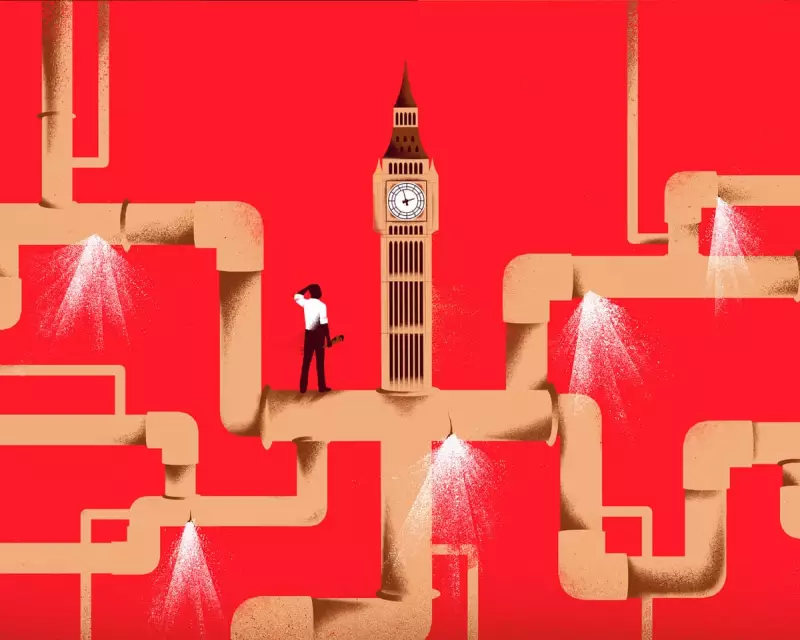
In a move that has sent shockwaves through Westminster, Keir Starmer's Labour government has embarked on extraordinary cross-party talks with Nigel Farage's Reform UK. This unprecedented dialogue represents a radical departure from traditional political tribalism and could fundamentally reshape Britain's constitutional landscape.
A New Era of Political Cooperation
The discussions, described by insiders as "substantive and constructive," focus on major constitutional reforms that address the growing public disillusionment with politics. Starmer's approach signals a remarkable willingness to engage with opposition voices beyond the usual parliamentary channels.
Breaking the Westminster Mould
This political détente comes as Starmer recognises that meaningful change requires building bridges across ideological divides. The Prime Minister appears to be calculating that collaboration with Reform could deliver the seismic shift promised during his election campaign.
Key areas under discussion include:
- Comprehensive electoral reform moving beyond first-past-the-post
- Devolution of powers to English regions
- Restructuring of the House of Lords
- Measures to increase political accountability
Farage's Unexpected Return to Centre Stage
Nigel Farage, once considered the ultimate political outsider, now finds himself in the extraordinary position of influencing government policy. His engagement suggests Reform UK may transition from protest movement to legitimate political player.
The Risks and Rewards
Starmer's bold outreach carries significant political risk. Many traditional Labour supporters view Farage as toxic, while some Reform supporters distrust establishment politics. However, the potential reward—lasting constitutional change that addresses Britain's democratic deficit—could redefine Starmer's premiership.
The success of these talks hinges on both leaders' ability to sell compromise to their bases while demonstrating tangible progress to an increasingly sceptical electorate.
A Watershed Moment for British Democracy
These discussions represent more than mere political manoeuvring—they signal a recognition that Britain's political system requires fundamental renewal. Whether this unexpected alliance can deliver meaningful reform remains uncertain, but the mere attempt marks a significant moment in UK political history.
As Westminster watches with bated breath, the outcome of these talks could determine whether Britain's political system evolves to meet twenty-first-century challenges or retreats further into partisan gridlock.





